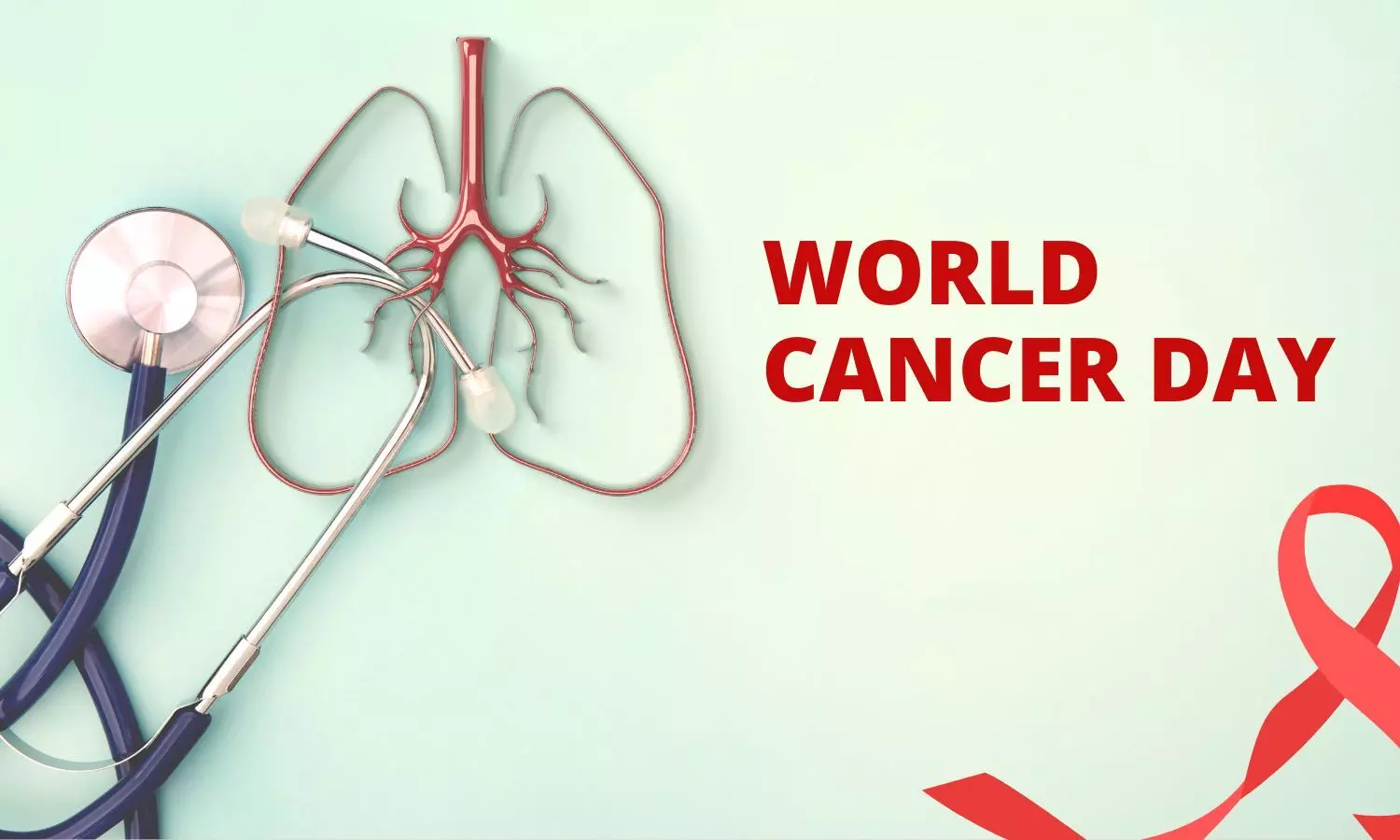World Lung Cancer Day: Raising Awareness and Promoting Lung Health
Learn about the importance of World Lung Cancer Day on August 1st. Know about lung cancer risk factors, symptoms, early detection, and treatment advancements.
World Lung Cancer Day: Raising Awareness and Promoting Lung Health

Lung cancer, the second most prevalent cancer globally, stands as the foremost cause of cancer-related deaths among both men and women. Annually observed on August 1st, World Lung Cancer Day is dedicated to spreading lung cancer awareness and promoting lung health. This day educates communities about the risk factors associated with lung cancer, such as smoking and exposure to harmful substances, while also advocating for preventative measures and the pursuit of a cure for this debilitating disease.
Understanding Lung Cancer
Lung cancer originates in the lungs and can metastasize to other parts of the body through the blood or lymphatic system, forming new tumours. The two primary types of lung cancer are small cell and non-small cell. While there is no single direct cause, various lung cancer risk factors significantly increase the likelihood of developing the disease.
Major Risk Factors
- Smoking Tobacco - Smoking is the leading cause of lung cancer. Tobacco smoke contains at least 70 carcinogens that can damage lung cells and lead to cancer over time. This includes not just cigarettes, but also cigars, pipes, and exposure to secondhand smoke.
- Family History - A family history of lung cancer, especially involving close relatives such as parents, siblings, or children, can double the risk of developing the disease.
- Environmental and Occupational Exposure - Long-term exposure to harmful substances like asbestos, radon, nickel, arsenic, tar, chromium, and soot can increase lung cancer risk. Radon, a naturally occurring radioactive gas, is particularly hazardous when inhaled in high concentrations over time.
- Previous Radiation Therapy - Undergoing radiation therapy in the chest area for other cancers can also elevate the risk of lung cancer.
Recognising Symptoms
Early detection of lung cancer has a huge impact on the outcome of the treatment. However, many individuals do not exhibit lung cancer symptoms until the disease has advanced. Common symptoms include:
- Persistent cough, potentially worsening over time
- Coughing up blood
- Hoarseness or wheezing
- Shortness of breath
- Back, Chest, or shoulder pain exacerbated by laughing, coughing, or breathing
- Unexplained loss of appetite or weight loss
- General weakness or fatigue
Importance of Screening and Early Detection
Lung cancer screening plays a crucial role in identifying the disease at an early, more treatable stage. Screening methods, such as low-dose computed tomography scans, can detect abnormalities in the lungs before symptoms appear. This proactive approach is vital for high-risk individuals, such as long-term smokers and those with a significant family history of lung cancer.
Preventative Measures and Research
Lung cancer prevention focuses on mitigating risk factors. Quitting smoking is the most impactful action one can take. Encouraging loved ones to avoid smoking and promoting smoke-free environments can significantly reduce lung cancer rates. Regular medical check-ups and lung health assessments are also essential for early detection and prevention.
Ongoing lung cancer research aims to understand the disease better, develop new treatments, and ultimately find a cure. Research efforts are focused on identifying genetic markers, improving screening techniques, and exploring innovative therapies.
Current Statistics and Treatment Options
Lung cancer statistics highlight the urgency of addressing this global health challenge. According to recent data, lung cancer accounts for approximately 13% of all new cancer diagnoses and nearly 25% of all cancer deaths. These sobering figures highlight the need for enhanced awareness, prevention, and treatment strategies.
Lung cancer treatment varies based on the type and stage of the cancer. The treatment options are radiation therapy, surgery, targeted therapy, chemotherapy, and immunotherapy. Multidisciplinary treatment approaches, combining different modalities, are often employed to achieve the best possible outcomes.
Taking Action on World Lung Cancer Day
World Lung Cancer Day is an opportunity to galvanise efforts towards reducing lung cancer incidence and mortality. Promoting lung cancer awareness, supporting screening initiatives, and advocating for increased research funding are crucial steps. Additionally, educating the public about the importance of lung health and the risks associated with smoking and environmental exposures can drive positive change.
Join the Fight against Lung Cancer
To truly make a difference, we must all take an active role in combating lung cancer. This means not only supporting those who are currently battling the disease but also working to prevent future cases. By staying informed about the latest advances in lung cancer research, participating in awareness campaigns, and encouraging loved ones to prioritise their lung health, we can collectively push towards a world where lung cancer is no longer a threat. Together, we can amplify our voices, advocate for necessary changes in public health policies, and ensure that future generations are better equipped to fight this disease. Let's use World Lung Cancer Day as a starting point for year-round commitment to lung health and cancer prevention.

